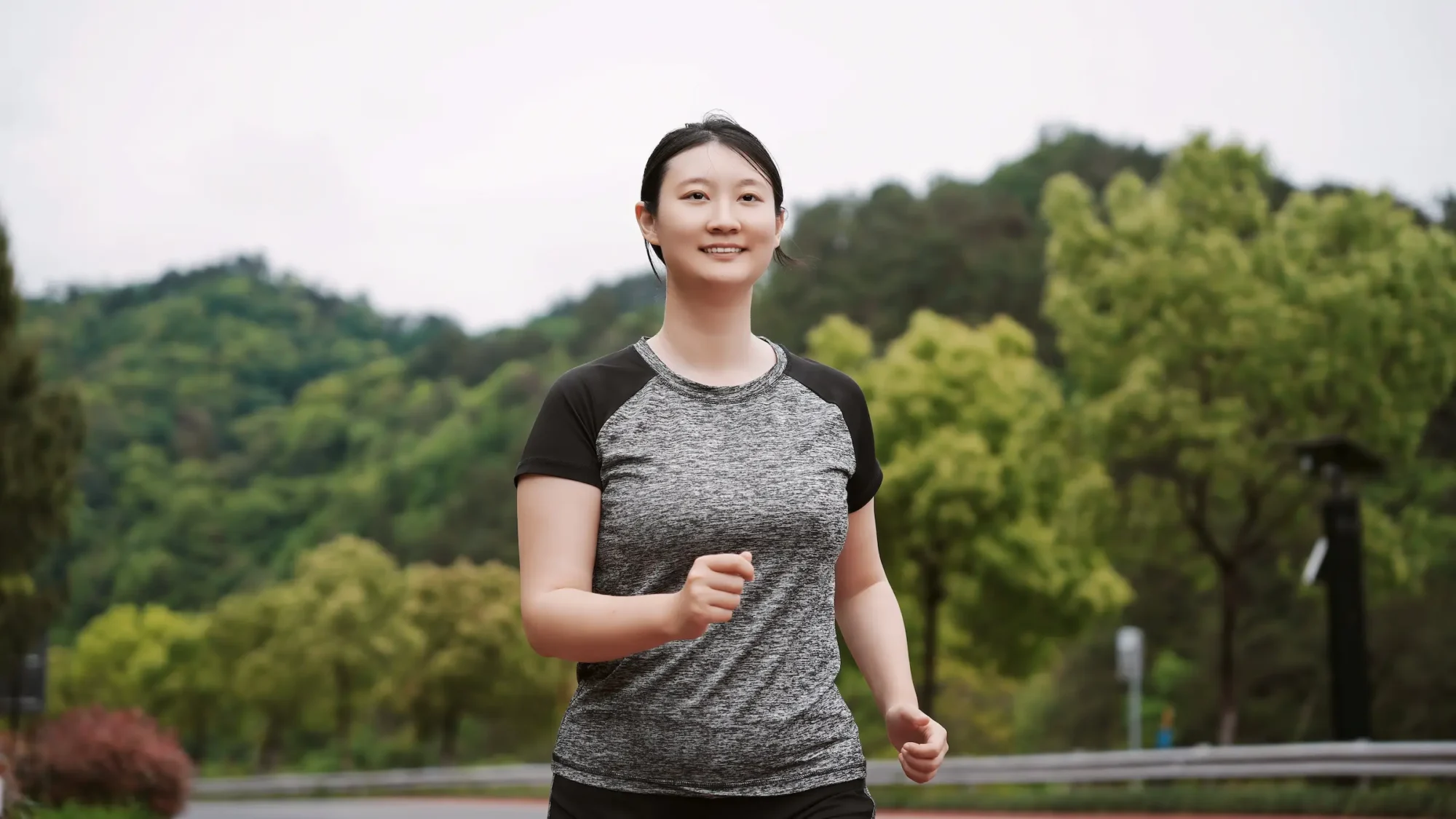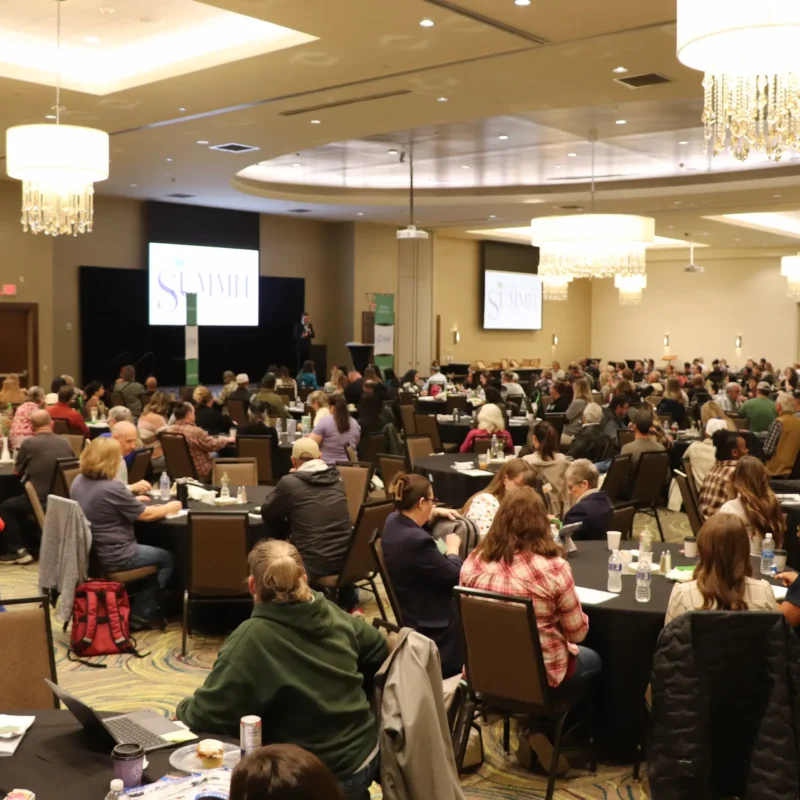
Practice Your Pacing
You can use pacing techniques during walking, running, or other daily activities. Understanding how to pace yourself can make a big difference in your fitness journey. Pacing allows you to improve the way you move so that you can conserve energy efficiently, increase endurance, and prevent injury during your activity.
Pacing conserves energy. If you start too fast, you’ll tire out quickly making it more difficult to complete your chosen activity. Starting too slow may hinder your progress but finding the right pace can help you cover more ground while expending less energy.
Consistent pacing can help build your endurance. Building endurance is beneficial so that you can gradually increase your stamina over time. Finding your comfort zone and keeping the pace can also help prevent injuries. Pushing your body too hard can strain muscles and joints. A steady pace allows your body to adapt to the activity, reducing the chances of injury.
Pacing Techniques for Walking
- Find your comfort zone. Try the “talk test” to find out if you are exercising in your comfort zone. If you can speak two sentences without feeling out of breath, you are more than likely in your comfort zone and should strive to maintain that pace throughout the activity.
- Maintain good posture that engages your core muscles. This can help with breathing and reduces the risk of strain.
- Try interval training. This can help to increase your pace. Alternate between walking faster and slower to challenge your body and even boost your endurance.
Pacing Techniques for Running
- Start slow. Start slower than your comfort zone. Allow your body time to warm up and increase your pace little by little until you are comfortable.
- Focus your breathing. Controlled, rhythmic breathing is a good indicator of an optimal pace. If you find yourself gasping for air, you may need to slow down to a slower pace.
Whether you are leisurely walking or running a race, mastering the art of pacing is essential for an experience that you enjoy. It’s not about being the fastest, it’s about finding a rhythm that is right for you. With enough practice, you’ll become a pacing pro!


